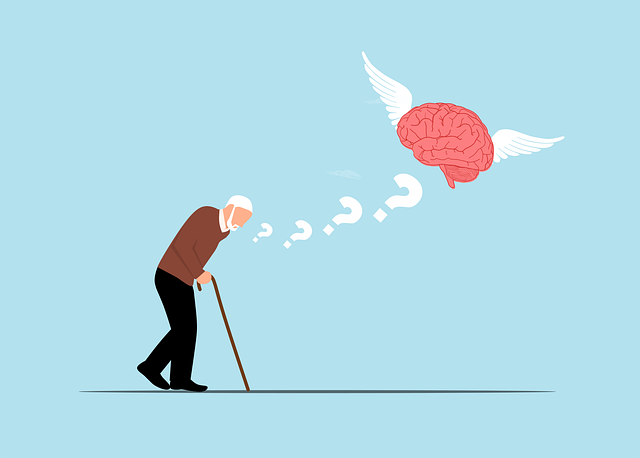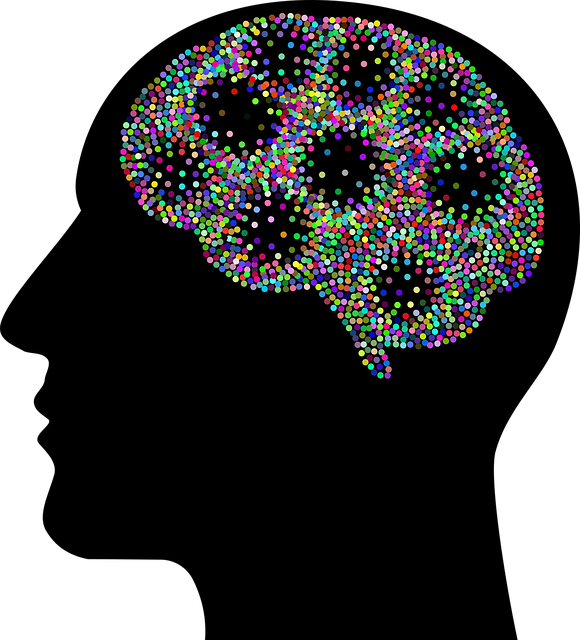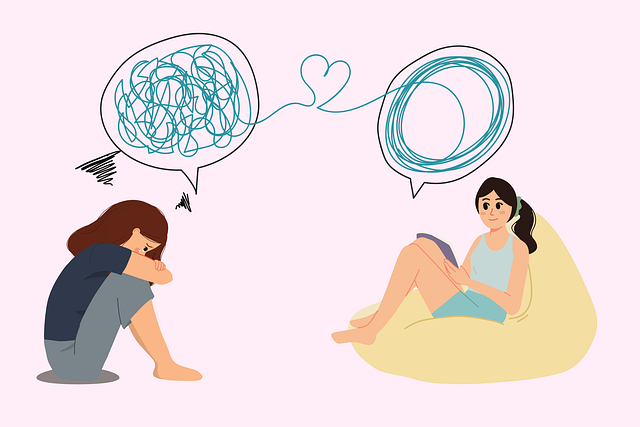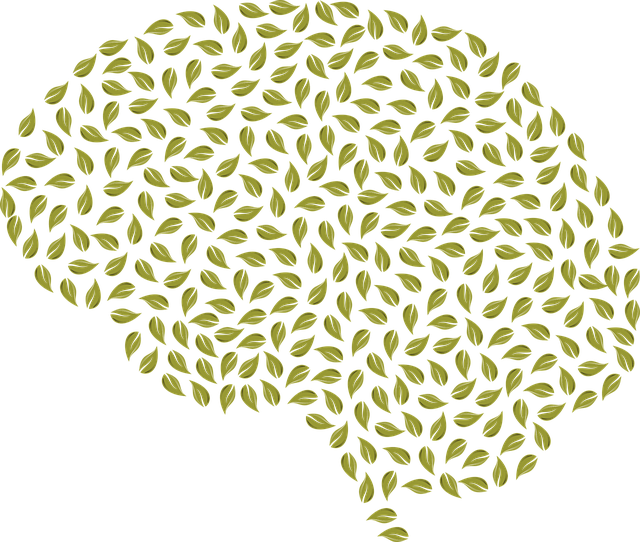Loss and grief deeply impact teenagers, who often struggle to process complex emotions like sadness, anger, and confusion. Crisis counseling provides a supportive environment for adolescents to openly express these feelings, learn conflict resolution skills, and develop personalized coping strategies through tailored therapy (Mind Over Matter principles) and mental health education. Healthcare provider cultural competency training ensures teens feel understood and supported during their counseling journey. Techniques such as cognitive-behavioral therapy (CBT) and group therapy foster mental wellness, resilience, and coping skills, empowering teenagers to better navigate life's challenges. Accessible platforms like a Mental Wellness Podcast Series can significantly enhance community mental health support for Therapy for Adolescent Teens Crisis Counseling.
Loss, grief, and bereavement are significant challenges that can profoundly impact adolescent teens. This article explores these complex emotions from a teen’s perspective, delving into understanding loss and its effects. We discuss the critical role of crisis counseling in supporting vulnerable youths and highlight effective therapy approaches to process emotions and rebuild resilience. For parents, caregivers, and professionals, this guide offers valuable insights into providing adequate support during trying times, focusing on crisis counseling for adolescent teens.
- Understanding Loss, Grief, and Bereavement: A Teen's Perspective
- The Role of Crisis Counseling in Supporting Adolescents
- Effective Therapy Approaches for Processing Emotions and Rebuilding Resilience
Understanding Loss, Grief, and Bereavement: A Teen's Perspective

Loss, grief, and bereavement are profound emotional experiences that can significantly impact a teenager’s life. When someone close passes away, it’s normal for teens to feel a range of intense emotions, including sadness, anger, confusion, and even guilt. Understanding these feelings is the first step towards healing. Many adolescents might struggle to process their loss due to developmental stages they’re going through, making them more susceptible to complex emotional reactions.
Seeking therapy or crisis counseling for adolescent teens can be transformative in navigating these challenging times. Professional support provides a safe space for teens to express and explore their emotions openly. Through therapy sessions, they can learn effective conflict resolution techniques and develop coping strategies tailored to their unique experiences. This process facilitates mental wellness by helping them understand and manage their emotional healing processes, allowing them to gradually accept and adapt to life after loss.
The Role of Crisis Counseling in Supporting Adolescents

Loss, grief, and bereavement can deeply impact adolescents, making them particularly vulnerable during crises. Crisis counseling plays a pivotal role in supporting this age group as it provides a safe space for teens to process their emotions, often complex and varied, in the wake of significant loss. This type of therapy is tailored to address the unique challenges faced by adolescent teens, helping them navigate through one of life’s most difficult periods.
The Mind Over Matter principles, integral to crisis counseling, empower young individuals to develop coping mechanisms that promote resilience. Mental health education programs designed with an adolescent focus can further equip them with the skills needed to manage their emotional well-being. Additionally, healthcare provider cultural competency training ensures professionals are attuned to the specific needs of this demographic, fostering a supportive environment where teens feel understood and heard during their counseling journey.
Effective Therapy Approaches for Processing Emotions and Rebuilding Resilience

In the journey of healing from loss, grief, and bereavement, counseling plays a pivotal role in guiding individuals, especially adolescent teens, through this challenging period. Effective therapy approaches such as crisis counseling focus on creating a safe space for processing emotions—a crucial step in the recovery process. Through active listening and empathy, counselors help clients make sense of their feelings, fostering mental wellness and coping skills development.
One promising method is incorporating elements from cognitive-behavioral therapy (CBT) to challenge negative thought patterns associated with loss. Additionally, group therapy sessions can provide a supportive network where individuals share experiences, offering validation and practical coping strategies. These therapeutic interventions not only help adolescents process their emotions but also empower them to rebuild resilience, ensuring they emerge stronger and better equipped to navigate life’s challenges. Moreover, the integration of these approaches in a Mental Wellness Podcast Series Production can offer accessible resources for those seeking support, enhancing overall mental wellness in the community.
Loss, grief, and bereavement counseling play a pivotal role in empowering adolescent teens to navigate challenging emotional landscapes. By understanding unique youth perspectives and employing tailored therapy approaches, crisis counseling can effectively support resilience-building and emotional processing. These interventions are crucial in helping teens find closure, cope with loss, and rebuild their lives post-bereavement. Through specialized services, therapists can guide young individuals through the intricate process of healing, ensuring they emerge with enhanced coping mechanisms and a renewed sense of hope.












